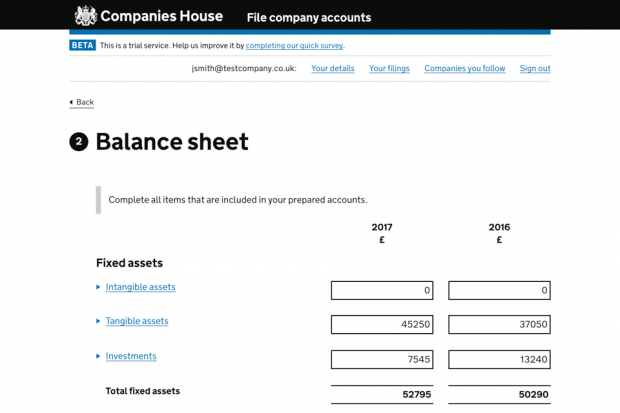

The relationship between the two companies began in March, when Maslak met Dr.

Our flexible APIs make it easy for every healthcare decision to be informed by comprehensive, real-time information on doctors, insurance plans, and cost and quality of care," said Maslak. "Ribbon is solving the provider data problem with the infrastructure needed to power accurate provider directories, simple referral management, and efficient care navigation, all in one platform. That API layer then continuously improves the accuracy of the platform’s data. The company provides its customers with an API layer that can be integrated into any healthcare organization’s workflow and UX. Ribbon Health, meanwhile, is a health data platform that works to give health plans, providers systems and digital health companies data that is both up to date and easy to access. The app, which has more than 400,000 terms indexed, can be used in routine annual exams, as well as in urgent care appointments and specialist conversations.
#ABRIDGE SERVICES HOW TO#
The Pittsburgh-based company is able to highlight important definitions and takeaways, such as what next steps a patient is supposed to take, or instructions on how to properly take their medication.Īll the user has to do is hit the record button during their appointment the recording is then uploaded to a HIPAA-compliant server, and Abridge’s machine learning algorithms create a selective transcript of the medical parts of the conversation. Through this partnership, Ribbon Health will power a new integrated feature in Abridge’s service that "will allow users to easily add and manage their clinicians’ information, access key contact details, and stay on the same page about care," Nate Maslak, co-founder and CEO of Ribbon Health, told VatorNews.Ībridge, which launched in October, gives users a transcript of the medical parts of their appointments.

That's why two companies that are both dedicated to making healthcare easier to understand have decided to join forces: on Wednesday, it was announced that Abridge, a company that uses machine learning to transcribe and highlight the most important parts of the doctor-patient conversation, is integrating entered into a partnership with healthcare data platform Ribbon Health, with the goal of improving coordination between doctors and their patients. The pandemic only exacerbated these problems and made them even more apparent. Evidence of the usefulness of the new abridged scale is provided along with a description of our study limitations and future areas for development.The goal of the partnership is to improve coordination between doctors and their patientsĮven before COVID happened, the issues with the American healthcare system were well known: how it's too expensive, how it's difficult to access and how it's very confusing for the average patient to navigate. The abridged 24-item version was used to measure four work climate factors (work satisfaction, productivity/achievement of aims, interpersonal relations, and performance at work). The confirmatory factor analysis yielded appropriate global fit indices in the abridged 24-item version ( Χ 2(248) = 367.84 p < 0.01, RMSEA = 0.06 with an interval of 90% from 0.05 to 0.07, SRMR = 0.08, GFI = 0.9, AGFI = 0.96, CFI = 0.98, NFI = 0.95, and NNFI = 0.98), along with test criteria validity ( ρ XY = 0.68, p < 0.001) and excellent reliability (α = 0.94 and ω = 0.94), maintaining the same conceptualization and usefulness of the original scale. The validity, reliability, and fit model were evaluated in an iterative process. One hundred and twenty-six workers between the ages of 20 to 64 (M = 32.45 standard deviation (SD = 9.73)) years old participated voluntarily in the study. Therefore, we believed it would be helpful to draft an abridged version of the 40-item WCSHES, considering both validity and reliability criteria, but giving greater weight to validity. COVID-19 has further complicated these existing issues. Teams working in these emergency services experience a heavy workload and have a limited amount of time with each patient. This study is based on a 40-item work climate scale in hospital emergency services (WCSHES).


 0 kommentar(er)
0 kommentar(er)
